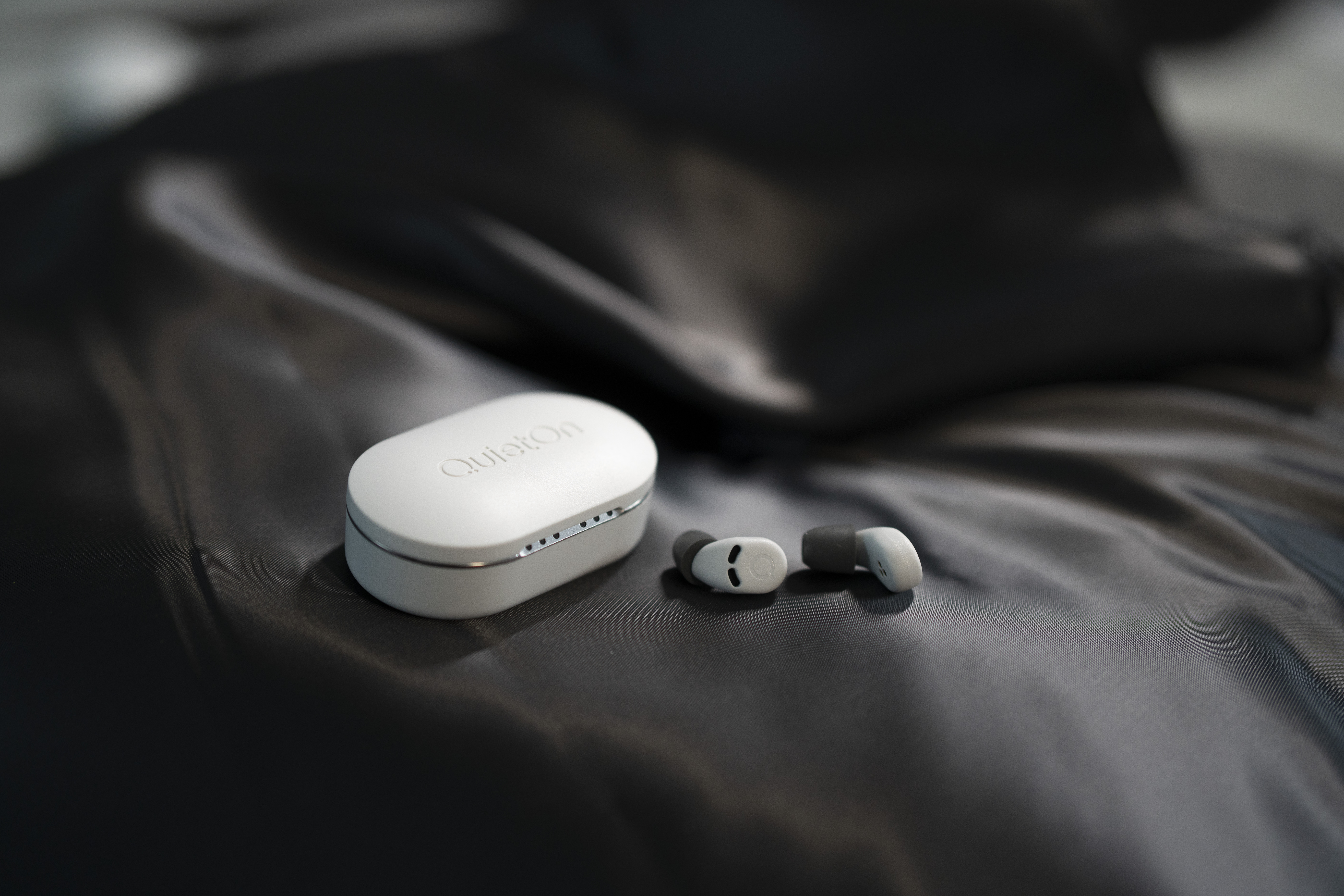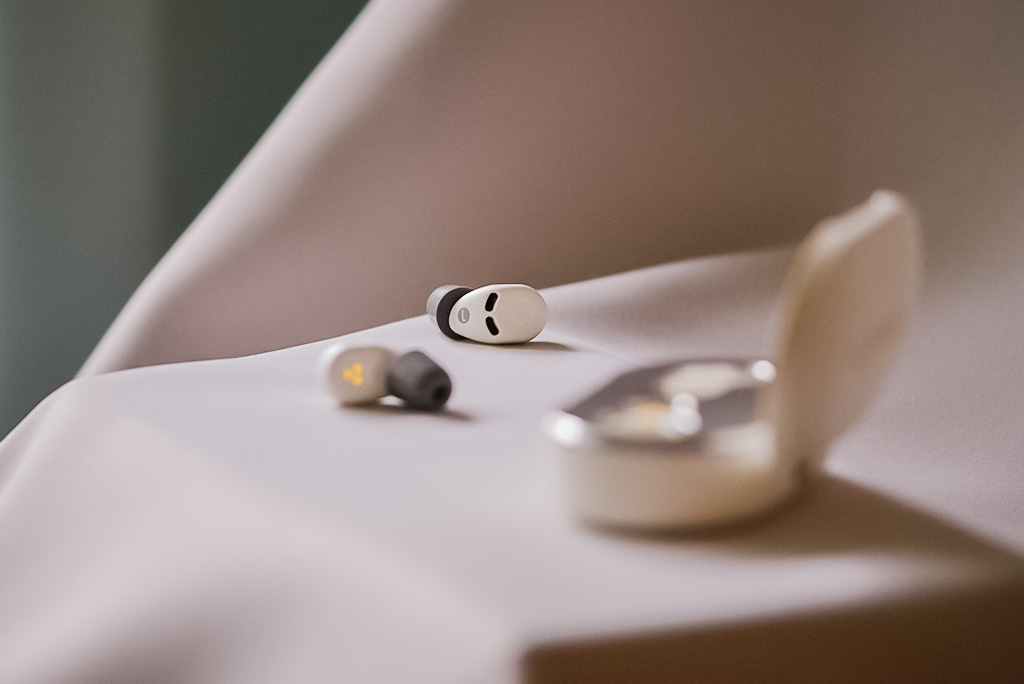Your cart is currently empty!
Types of Stress Part 1: Different causes of stress and how they affect our health
This is the first article from our 3-part special series that is focusing solely on different types of stress and how it affects our lives. First article takes wider and more generic view on the topic, second article focuses on how stress affects our sleep and the last one is dedicated on how to solve…
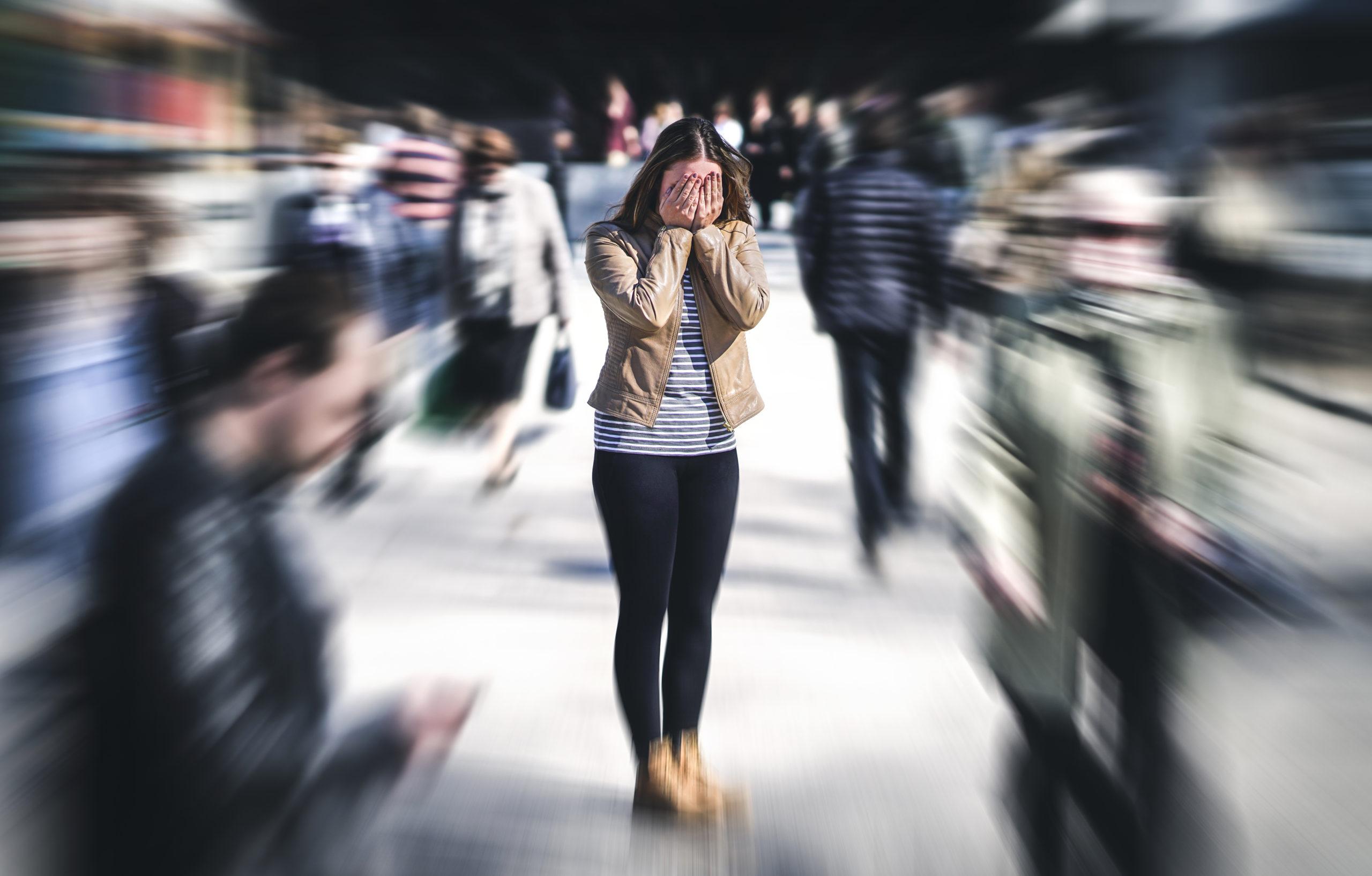
This is the first article from our 3-part special series that is focusing solely on different types of stress and how it affects our lives. First article takes wider and more generic view on the topic, second article focuses on how stress affects our sleep and the last one is dedicated on how to solve stress related issues.
Do you sometimes feel like the weight of the world is on your shoulders? During the kinds of trying times we’ve experienced in 2020 we’ve been even more likely to experience stress than usual, but in today’s hectic society it doesn’t necessarily take a pandemic – not even to make it chronic.
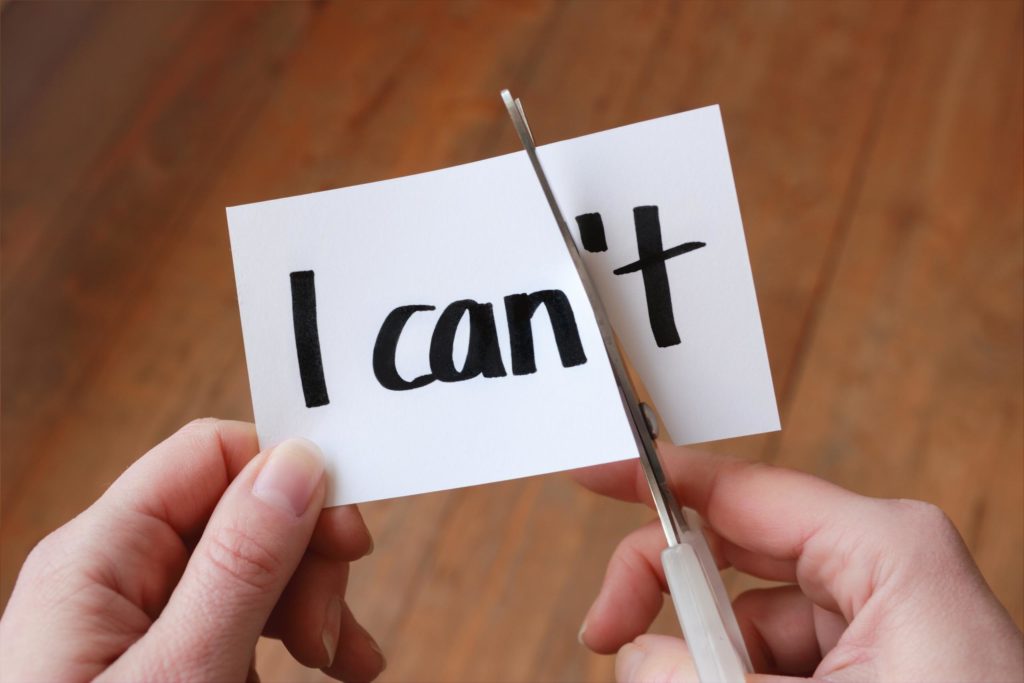
Stress is a natural phenomenon that affects almost all living things. As is often the case, it is something us humans are capable of taking to the next level. More on this further on, but first we would like to stress (pun very much intended) that even though this article addresses the more problematic sides of the subject, there is also at least one positive.
In short, these are the topics we’ll go through in detail:
- How the different types of stress affect our health
- Not all types of stress are harmful
- Work and study
- Past vs. modern types of stress
- Social sources of stress
- Types of stress we own
- Types of stress we carry inside
- Physical stress
- Typical sensations or causes for concern
- References
How the different types of stress affect our health
When we encounter a stressful situation our nervous system releases hormones that give us a sort of boost called fight or flight response (check the article from first chapter). It accelerates heartbeat and breathing, tenses muscles and increases sweating. This reaction is meant to be temporary and in normal conditions the body recovers from it quickly.
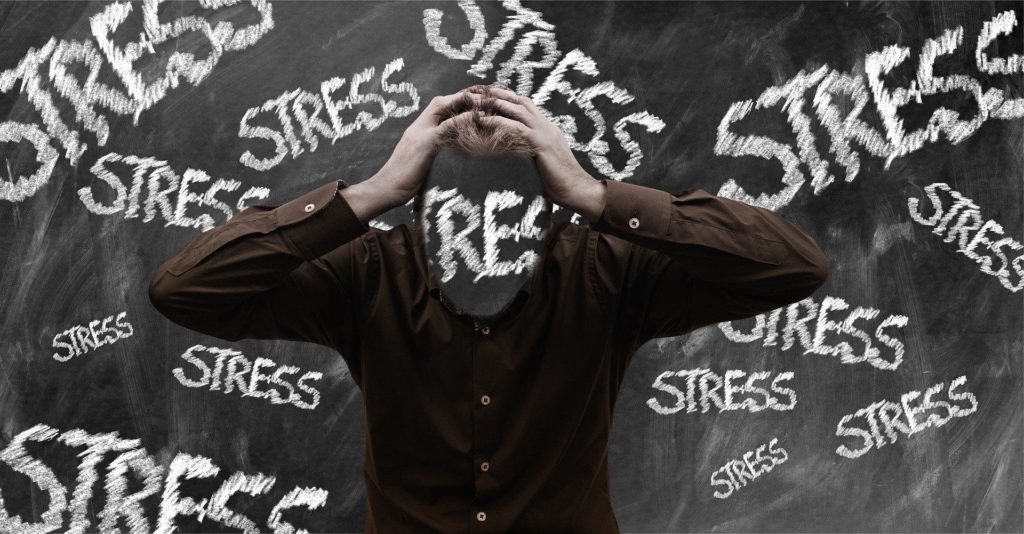
If the system is kept active for a longer period of time or if it faces a bigger stressor than it can cope with, the result is a stress overload which over time becomes chronic stress. Eventually the condition can lead into burnout. Even a small stressor can cause serious problems if it’s constant, but as we mentioned in the beginning, one of the biggest dangers of stress is its cumulative nature. The more the stress system is activated the more responsive it becomes, making it also more difficult to shut off.
Sometimes all you need to do to shut the stress off, is to have a good rest. But when the stress levels are beyond normal, it is important that you recognize the warning signs.
Not all types of stress are harmful
In the midst of today’s public health-related discussion, it’s easy to forget that stress is also a needed feature – even a life preserving one. Imagine your ancestor taking a stroll to the edge of the tall grass, noticing a crouching sabretooth and continuing the walk with possibly a shrug.
The example takes us back roughly 7,2 million years too far but on the other hand it emphasizes on how integral part of our functions stress is. Even though modern humans encounter far less life-threatening situations, the stress-related bodily functions that help us get through them are exactly the same.
Let’s take a more modern example: presentation at work. This usually isn’t life-threatening, although for many people it sure can feel like it. It’s good to realize that even though a stressful situation can come with a lot of negative feelings such as anxiety or fear of failure, it is also beneficial. Stress helps you to concentrate and motivates you to get things done.
The biggest problem with stress is that it’s similar to water. Even small leakages can cause serious problems when they build up. As you know, pretty much anything can crack if the pressure is too high for too long.
If you want to know more about the positive effects of stress, check out this article by Harvard Business Review.
Work and study
According to studies the most common cause of stress is either work/studies or financial issues (not a surprise that they are usually related). For more detailed specifications, here are some statistics from America’s institute of stress. and mind.org.
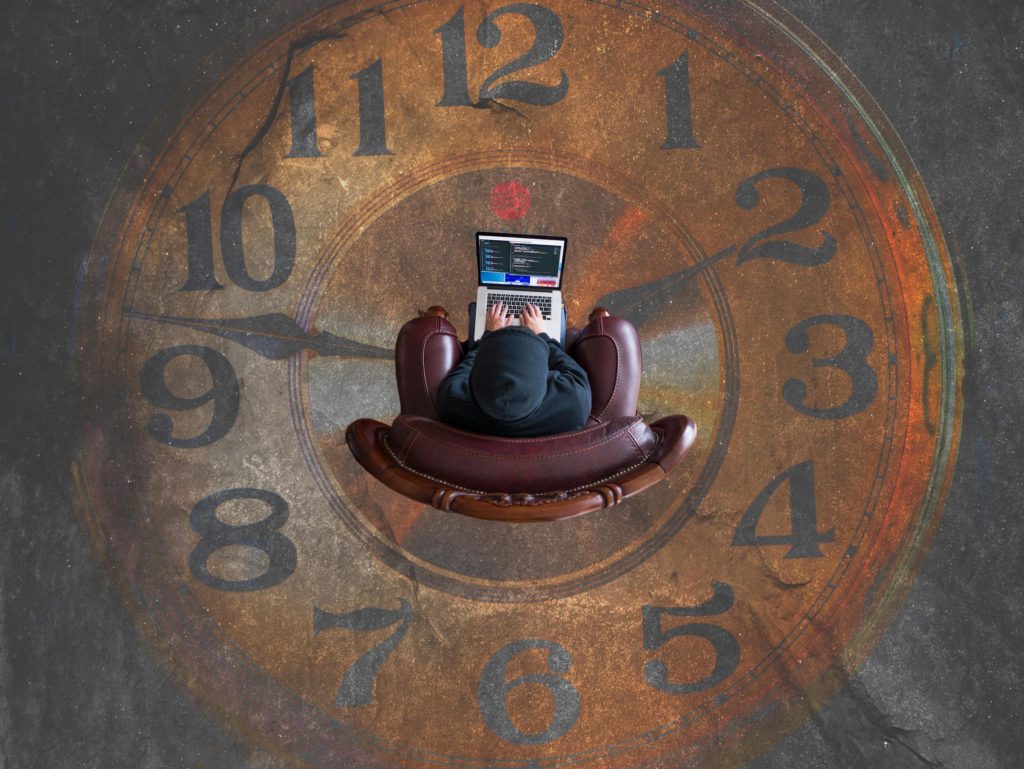
So, what is the reason that work and studying are so correlated with high levels of stress? Well, as the world has changed over time, so have employment and education. In the beginning of civilization there weren’t many professions to choose from. After settlements became more and more densely populated, it soon realized that leaving a specific need in the hands of a specialist provided individuals with more time to invest into own specialties.
Today the variety of occupation and schooling is immense. While this has created better opportunities for people to find their calling it has also created a lot of new corners for stress to lurk behind. Actually, America’s institute of stress marked job pressure as the biggest stressor in US at 2014. It’s shocking that 77% of surveyed people regularly experience physical symptoms caused by stress.
Usually losing one’s position at work, in school or even in life is the root fear. When you think about it, basically all other work-related stressors dance around it: “am I too ambitious” or “am I not ambitious enough?”, “should I try to be more likable?” or “would I be considered less professional?”, “if I don’t switch companies now am I going to risk making it altogether?”, and so on.
However, if you feel stressed out at work or at study projects but don’t really know why, have you ever paused to think if the thing at hand is something you even want to sacrifice time and effort for? If there’s a conflict between your current job description and what you would want it to include, sometimes it’s healthy to make a change. Also, you might want to check out our earlier article about student experiences.
Past vs. modern types of stress
Another interesting topic to ponder is wether a pre-industrial worker was more stressed-out than a modern-day laborer. Sure, the conditions were harder and the work often more physical but at the same time it was more straightforward, and people knew better what was expected of them.

Obviously, some things stay the same no matter what. It’s known that already in ancient Egypt at least one father was frustrated enough to scribe complaints about his lazy son on a clay tablet. So we can safely state that getting a certain number of things done by a certain time is not a new worry. It’s quite explanatory that we use a term like “deadline” to describe it.
Still, in many ways, it surely looks like modern times are taking stress to a whole new level. Just imagine yourself being explained just ten years ago about all the different ways work-related things will one day trickle down to your freetime. I.e. through social media. And what about the fact that the same social media is even causing its own stress called “technostress”. It seems like there’s no end to this pitfall.
Social sources of stress
You might have by the end of the previous section thought to yourself: “Hey, they forgot about the other people!” Actually we didn’t and this is a great time to point out how intertwined both the stressors and their causes are.
Human beings are social creatures and it creates amazing opportunities for us as a species. No need to look further than the previous time you had help moving in. ‘There’s strength in numbers’ was not uttered for nothing. Unfortunately, as history has shown us, we are also a huge boiling pot. There’s no need to look for revolutions or wars to realize that the more social connections we have, the more likely it is to end up in a conflict (hopefully at least from a distance these days).
Getting into an argument with a colleague, friend, family or even a complete stranger can be extremely nerve wrecking and consuming. Losing a connection to someone, beating yourself up over a hurtful joke or having to tell a white lie to someone can cause you social stress. Even if it doesn’t necessarily help to think about it at the time, this is all normal. However, there is an aspect in social stress that actually might not be.
Some experts say (article from: ScienceDirect) that people are not yet genetically adapted to exist as connected as we do. This means both physically (metropolitan areas) and virtually (internet and social media). While both have opened a humongous amount of opportunities, they’ve also let loose a lot of downsides. Diseases, waste, traffic jams, bullying, crime, misconduct of money and power, the list goes on. Some of these are obviously problems you would come across even in a small village community but how often do they get out of control? As funny as it sounds, it also seems that you would be less likely to feel lonely. You see, in the modern world we are in fact so well connected that we are actually losing the real contact to others.

Even if a village-sized living arrangement isn’t prone to make a comeback throughout the third world countries anytime soon – at least not without some cataclysmic disaster – it’s something to think about as we hear more and more about people getting overwhelmed with stress.
If we look at our lives today, the amount of different things to worry about is sometimes a cause of stress in itself. Again, it might be helpful to realize where does it all stem from. We are obviously different and some people need less contact with others but in the end all sane people need other people and deep down are afraid of ending up alone.
Ironically, a stressed out person often behaves towards the opposite. If you’re under a lot of stress for example at work, you’re prone to bring it home with you. Sadly, it’s way easier to lash out on a loved one than the boss.
Types of stress we own
Another essential root cause of stress is something many covet even more than social connections – money and property. In a sense, material goods are a common nominator when it comes to stress. The people who are less fortunate stress about not having what they need and the wealthy about not having more or losing what they already got. You could almost argue that the bigger the difference between the amount you actually need and the amount you have relates to the amount of stress you experience – applying both ways.
It’s normal to stress about staying healthy, finding a nice place to live, being able to go to places and have hobbies. As members of society we are somewhat expected to take care of ourselves and to aim for a comfortable standard of living so that we stay productive and do our part for the collective good.

But where does it all go wrong, or does it? Ask yourself if your emotional relationship with your family and best friends would still be the same even if you lost everything else. After that it’s possible to realize how easily these things get mixed up.
Of course, there are a lot of people who are genuinely happy with less but aiming for more and more is often an even subconscious habit and the problem with it is that it easily becomes never ending. Buddhist monks don’t own a lot of amenities, but they don’t come across as especially stressed-out, do they? That might be because they don’t each have a car that needs to be fixed and maintained, filled up or plugged in, washed and waxed and eventually replaced. Not to mention all the things that need to be taken care of or could go wrong with maintaining a big house on your own.
This of course does not mean you shouldn’t aim for the exact standard of living you want. It’s just meant to point out that we are very good at getting used to a certain quality of life but not equally good at letting go. From time to time it’s good to realize the more we have, the more we have to stress about. Just ask Chuck Feeney.
Types of stress we carry inside
Stress is not completely formed by external influence – more like triggered actually. As mentioned earlier, for some people performing in front of a live audience is among the worst things imaginable. Meanwhile for someone else it’s a chore with almost nothing to it and there are also those who thrive off of performing and even make a career out of it. This just goes to show that people differ not only in the magnitude of stress they feel in a similar situation but also in a sense of what they perceive as stressful to begin with.
Sometimes we experience things that in themselves might not be stressful but end up being so after we realize that our own expectations and the end result don’t match. I. e. moving to a new flat is not in itself especially stressful to a person who is looking for a change and enjoys putting stuff to their new places. However, the situation can soon become stressful if it turns out that not all the stuff fits the apartment, the neighbor has a dog that barks day and night and there is no parking space even though the realtor specifically said so. All of these things are obviously also external stressors but the situation as a whole is an example of stress caused by different expectations and lack of information.
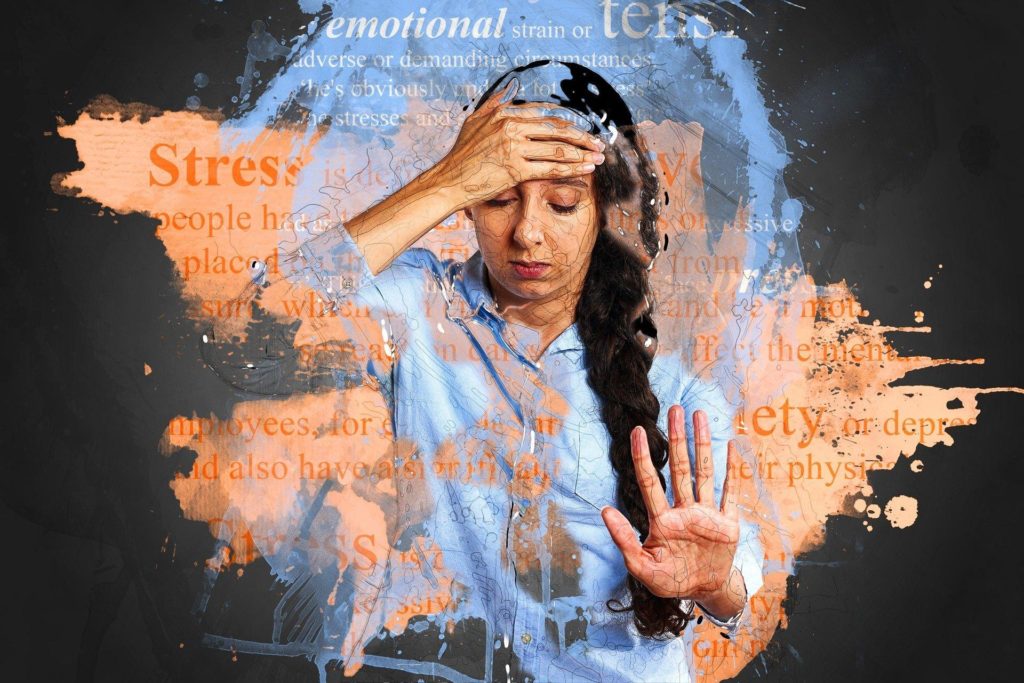
Stress is also easily experienced in situations that cause fear and uncertainty. Especially when the situation is out of the perceiver’s control. To think of one, we need to look no further than the latest news. However, it’s also possible for us to generate stress basically out of thin air just by worrying about things that might or might not happen.
Physical stress
So far in this article we’ve covered causes that fall under the category of emotional stress but it’s good to know that also physical stress plays a part in developing chronic stress. Many people use exercise as a mean of letting out steam after a busy and stressful day. The effect is based on the fact that physical exercise releases hormones that reduce the feeling of pain and trigger positive feelings.

For this to work, your system needs to be in a state where it’s still capable of coping with the emotional stress plus the exercise. The problem is that human stress system is not especially good at separating the types of stress because they all bombard the same central nervous system. This way a hard workout on top of a heavy load of emotional stress can cause a stress overload and continuing with the same challenging physical regime regardless of a new stressor a condition called overtraining. In both cases the result is a situation where it’s hard or momentarily impossible for the nervous system to recover from the stress.
If you’re experiencing symptoms that you suspect stress induced, it’s of course not necessarily a cause for an immediate alarm or a certainty that you are in a state of chronic stress. All symptoms should however be taken seriously, since the constant rush of stress hormones can cause your body to age more quickly and make it more prone to illness and other serious health problems. If you don’t believe it, check out this study from Umeå’s university.
Typical sensations or causes for concern?
Remember that some effects from stress are normal and some require more attention than others. After being stressed out for a while it’s typical to experience:
- Fatigue
- Sleeping problems
- Irritability
- Headache
- Bowel problems
Warning signs and possible results of chronic stress include (in addition to the previous listing):
- Memory problems, difficulties in concentrating, racing thoughts
- Depression, anxiousness, feelings of loneliness and isolation, constant worrying
- Withdrawing from other people
- Procrastination, poor judgment, neglection of responsibilities, use of alcohol, tobacco or narcotics
- Weight gain or weight loss
- Cardiovascular problems: high blood pressure, abnormal or rapid heartbeat, chest pain, hardening of the arteries, heart disease, heart attack
- Frequent colds and flus
- Aches and pains
- Nausea, dizziness
- Autoimmune, allergic and irritable symptoms: flare-ups of asthma or arthritis, acne, eczema, psoriasis, heartburn, ulcers, irritable bowel syndrome
- Changes in sex drive or ability to enjoy sex, fertility problems
- Nervous habit
Continue to the article: Types of Stress part 2: I can’t sleep.
References
- https://www.apa.org/topics/stress-body
- https://www.mayoclinic.org/healthy-lifestyle/stress-management/in-depth/stress/art-20046037
- https://hbr.org/2015/09/stress-can-be-a-good-thing-if-you-know-how-to-use-it
- https://www.stress.org/stress-research
- https://www.mind.org.uk/news-campaigns/news/work-is-biggest-cause-of-stress-in-peoples-lives/
- https://www.sciencedaily.com/releases/2019/08/190827125559.htm
- https://www.sciencedirect.com/science/article/pii/S109051381730209X
- https://www.independent.co.uk/life-style/health-and-families/features/loneliness-epidemic-more-connected-ever-feeling-more-alone-10143206.html
- https://www.forbes.com/sites/stevenbertoni/2020/09/15/exclusive-the-billionaire-who-wanted-to-die-brokeis-now-officially-broke/#526a7b943a2a
- https://www.sciencedaily.com/releases/2011/11/111109093729.htm





